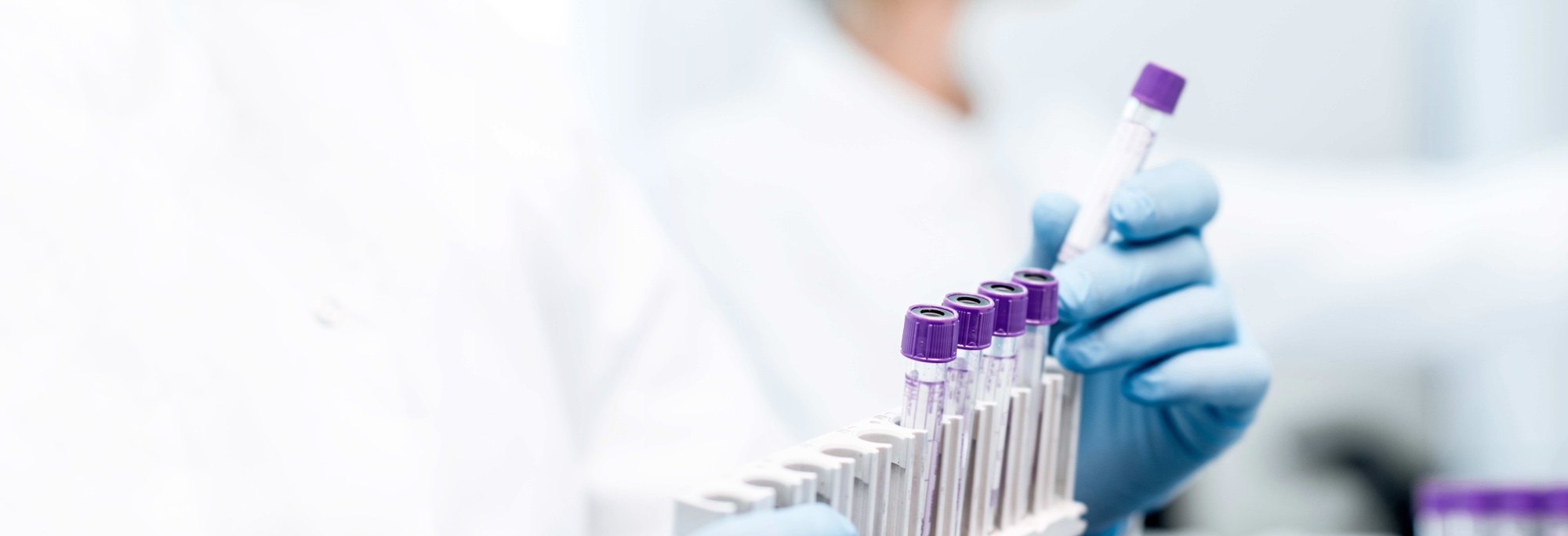
Our Approach to Advancing Science into Meaningful Therapies
Breakthrough science
Advancements in the fields of mitochondrial and stem cell biology feed into our preclinical research and development pipeline
Translational R&D
Science at Minovia is a fundamental force that involves an on-going feedback process between clinical development and preclinical research
Functional Analytics
Our analytical development team continually develops methods to qualify our products. Method development stems from joint efforts of the research and quality control teams, adapting state of the art tools to the highest GMP standards
Heterogeneous hub of expertise
We nourish individual scientific expertise as well as multi-disciplinary, synergistic teamwork. Collectively, we are harnessing cutting-edge methodologies to push our science forward
Multi-disciplinary collaboration
We believe in cross-discipline collaboration and welcome scientific minds from academia and industry, to join our journey in realizing the full potential of our proprietary Mitochondrial Augmentation Technology platform
The Promise of Mitochondrial Augmentation Technology
The heterogeneous clinical presentation and genetic background of primary mitochondrial diseases make development of new therapies very challenging.
The innovative modality of Mitochondrial Augmentation Technology holds a new promise to act as a therapeutic modality for a broad range of indications generated by a mitochondrial dysfunction.
Mitochondrial Augmentation Technology is designed to be a robust therapeutic platform, combining personalized mitochondrial cell therapy and scalable manufacturing processes.
The overarching aim of Minovia’s scientific team is to fully develop our platform into meaningful therapies that can be applied to a broad range of indications.

Our Research Team
Our team includes researchers from various fields of expertise including mitochondrial science, imaging, bioanalytics, flow cytometry, molecular biology, pharmacology, and bioinformatics.
Scientific Collaborations
Minovia strives for scientific and methodological excellence in product development for our patients, and therefore collaborates with world experts in mitochondrial and hematopoietic science. Among institutes we collaborate with are:
MITGEST Consortium
The MITGEST project is a European Union-funded doctoral network implemented within the Marie Skłodowska-Curie Actions (MSCA) which unites world-class academic excellence in mitochondrial DNA (mtDNA) maintenance and expression with private sector expertise in to create a research training programme promoting the study of mitochondria. The 11 doctoral candidates aim to elucidate how mtDNA is maintained and expressed and to support the development of new methods to mitochondrial molecules and metabolism, with the end goal of enabling innovative treatment strategies to mitigate mitochondrial dysfunction in a range of human diseases. Minovia is proud to be one of the private sector companies involved in the MITGEST.
Technion
The Technion is one of Israel’s leading research institutions and is situated minutes from Minovia’s R&D center. With a variety of researchers, Minovia is pushing the limits of MAT science and mitochondrial biomarker development, collaborating with researchers with expertise as diverse as mitochondrial motility, hematopoietic development and next generation sequencing technologies. With Dr Arnon Henn, we are collaborating on a research project to understand the basic science behind mitochondrial motility and heteroplasmy levels in diseased cells, as part of the MITGEST Consortium.
Charité
The Charité is one of the largest university hospitals in Europe. Minovia collaborates with Leif Ludwig from Berlin Institute of Health@Charité, who developed with Caleb Lareau (now at MSK) a single cell sequencing technology capable of sequencing the mitochondrial genome at the single cell level. Together, we are assessing the impact of MAT on hematopoietic stem cells at unprecedented resolution.
Memorial Sloan Kettering Cancer Center (MSK)
Memorial Sloan Kettering Cancer Center is one of the world’s most respected comprehensive centers devoted exclusively to cancer. Scientists across MSK collaborate to conduct innovative translational and clinical research that is driving a revolution in our understanding of cancer as a disease and improving the ability to prevent, diagnose, and treat it. Minovia collaborates with one of the world’s top experts in MDS, Dr. Omar Abdel-Wahab, to study the effects of MAT in various mouse models of MDS.
